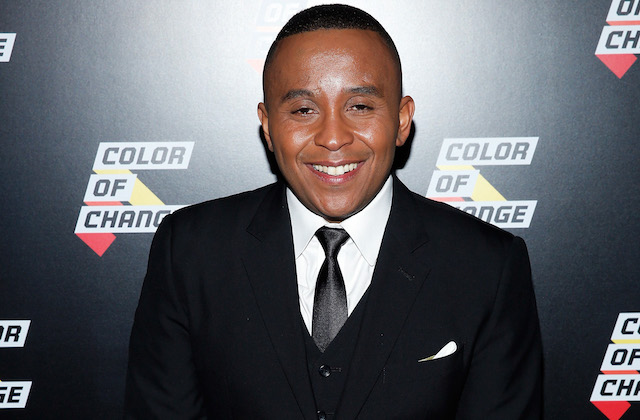READ: Color of Change's Digital Activism Highlighted in New Profile

Color of Change stands out among civil rights organizations in large part because of its embrace of online activism and digital equity causes. As explained in a new Wired profile of the organization and executive director Rashad Robinson, that advocacy for digital equity and net neutrality—the principle that internet service providers (ISPs) and regulators should keep the internet open and equitable—put the organization at odds with other major racial justice groups:
The telecoms convinced organizations like the NAACP that the provision of internet access to underserved communities was more important than neutrality and that it would only be financially feasible for them to build out the access if they were allowed to manipulate speeds and fees for differential usage. (The telecom providers are also large donors to the legacy institutions; Color of Change does not accept corporate philanthropy.) The telecoms claimed that the right to prioritize certain packets—bits of Internet traffic—was like the right to edit a newspaper; they simply placed things in the order of editorial priority. Robinson's response was that it was exactly the newspapers that had covered the experiences of Black people during Katrina and in Ferguson poorly, late, or not at all. In a country where almost no large media organizations are run by women or Black people, Robinson argued, net neutrality is at present the only way to maintain at least some communicative balance.
The Wired article goes on to explain how Robinson was blackballed for this stance, with Comcast-owned MSNBC cancelling future contributor bookings. Eventually, with the support of leaders like Representative John Lewis, Color of Change and other digital equity groups successfully uplifted net neutrality as a civil rights issue impacting contemporary racial justice movements.
The longform story also covers Color of Change's genesis, its PAC's efforts to hold local prosecutors accountable for inaction on police violence cases, the strategic importance of championing causes on social media and far more. Read the profile here.
